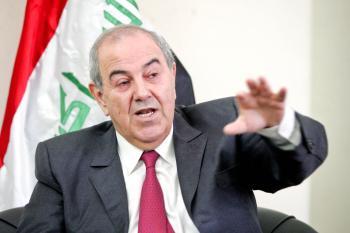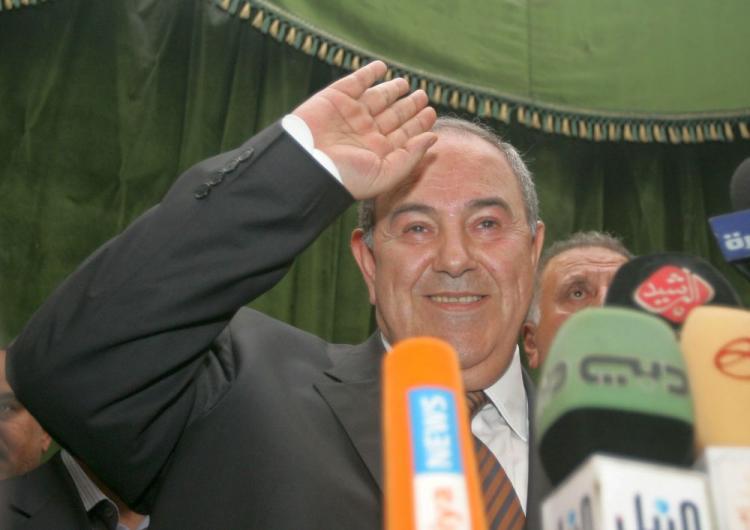Iraq has lifted a ban on over 500 election candidates with alleged affiliation with the political party of former dictator Saddam Hussein.
The ban on the candidates, imposed last month, was lifted by an appeals panel on Wednesday, allowing the candidates to take part in the country’s March election.
The list contained several high-profile Sunni politicians and had prompted accusations of anti-Sunni bias from the once dominant religious community.
“The appeals panel decided to allow the banned candidates to participate in the next election and decided to postpone looking into the case until after the election,” said Hamdiya al-Husseini, a member of the Independent High Electoral Commission in a statement.
However, al-Husseini said that any of those on the list who win the vote in March would first have to be fully investigated before they would be allowed to take office.
Iraq’s Kurdish President Jalal Talabani had previously asked for the ban to be lifted, claiming that it could be illegal as it was not approved by parliament.
The decision to overturn the ban will also come as a relief to U.S. officials engaged in drawing up a strategic withdrawal from Iraq.
Iraq’s long-term relationship with the West hinges on the results of the March 7 election, and there are fears that a heavily-weighted Shia government would lean too closely toward Iran.
The decision to disallow the list of candidates in the first place came from the Iraqi government’s Accountability and Justice Commission.
Among the members of the commission is Ahmed Chalabi, a Shia Muslim who helped instigate the war with the American leadership, and in 2005 met personally with Iranian President Mahmoud Ahmadinejad.
The policies of the commission against former Baathists have been likened to a witch hunt, which has in turn fueled sectarian tension between the majority Shias and former dominant Sunnis.
On Wednesday, a suicide bomber killed 20 Shia pilgrims in the Iraqi city of Karbala, as the community gathered to mark Arbaeen, the end of 40 days of mourning for the death of the Prophet Muhammad’s grandson.
Forty others were killed on Monday, when a female suicide bomber detonated an explosives vest amid a crowd of Shia pilgrims making their way to Karbala. No group has claimed responsibility for the attacks, but they are believed to have stemmed from Sunni insurgents.






